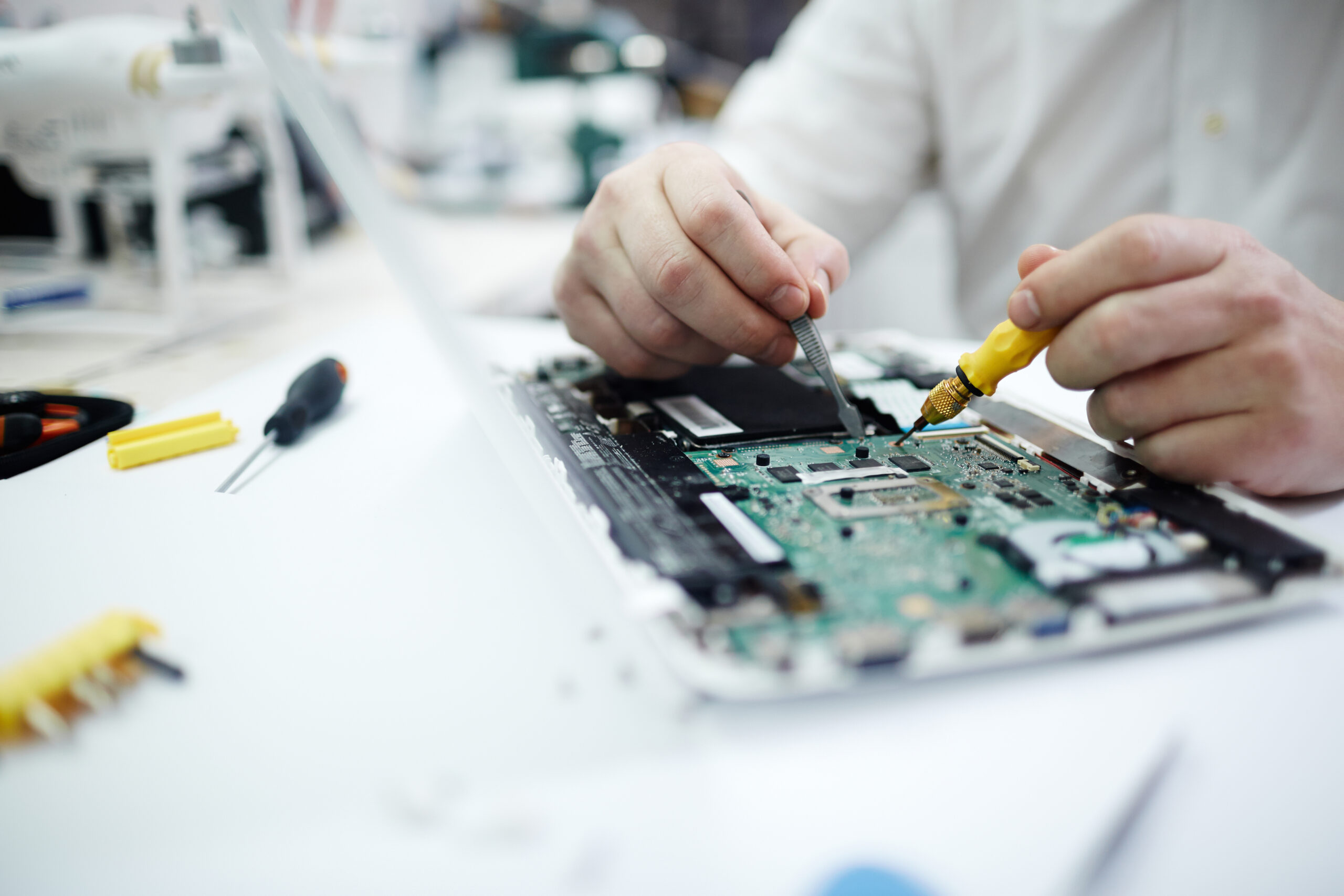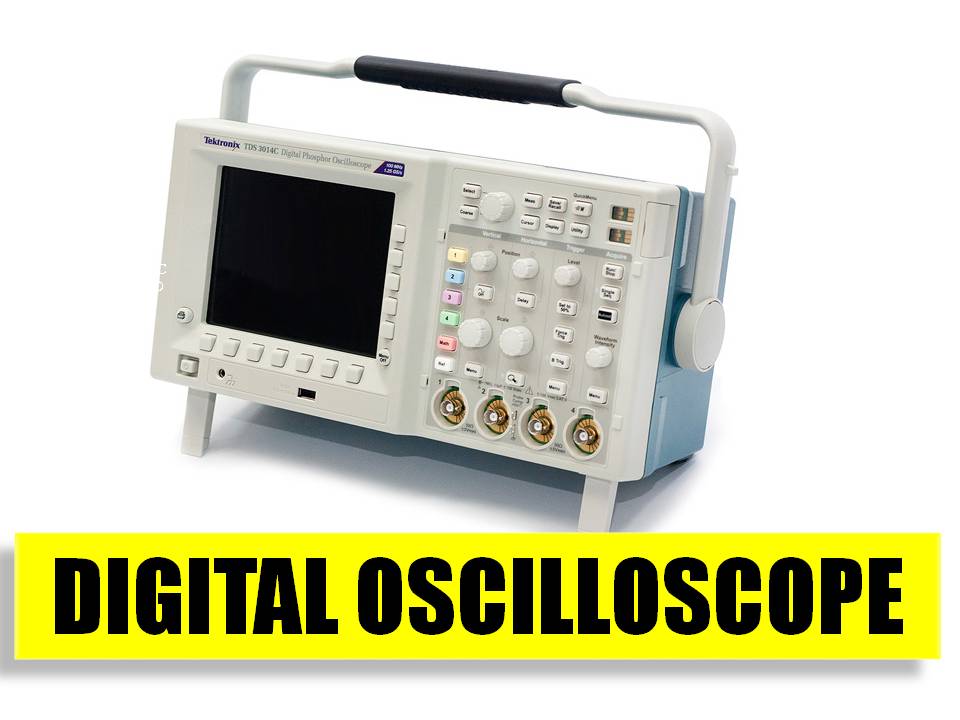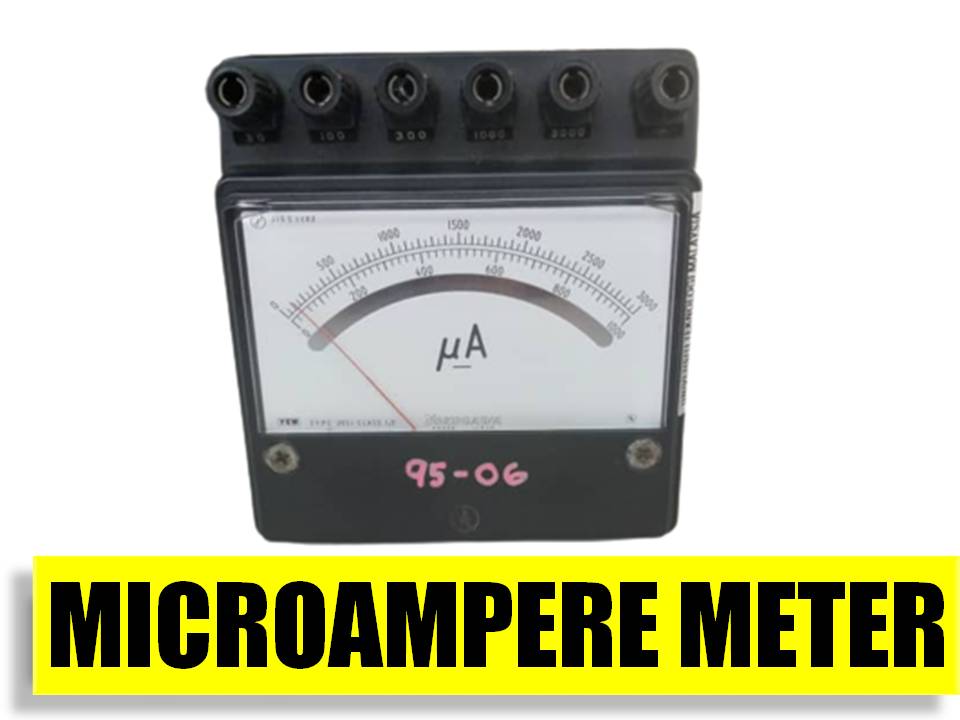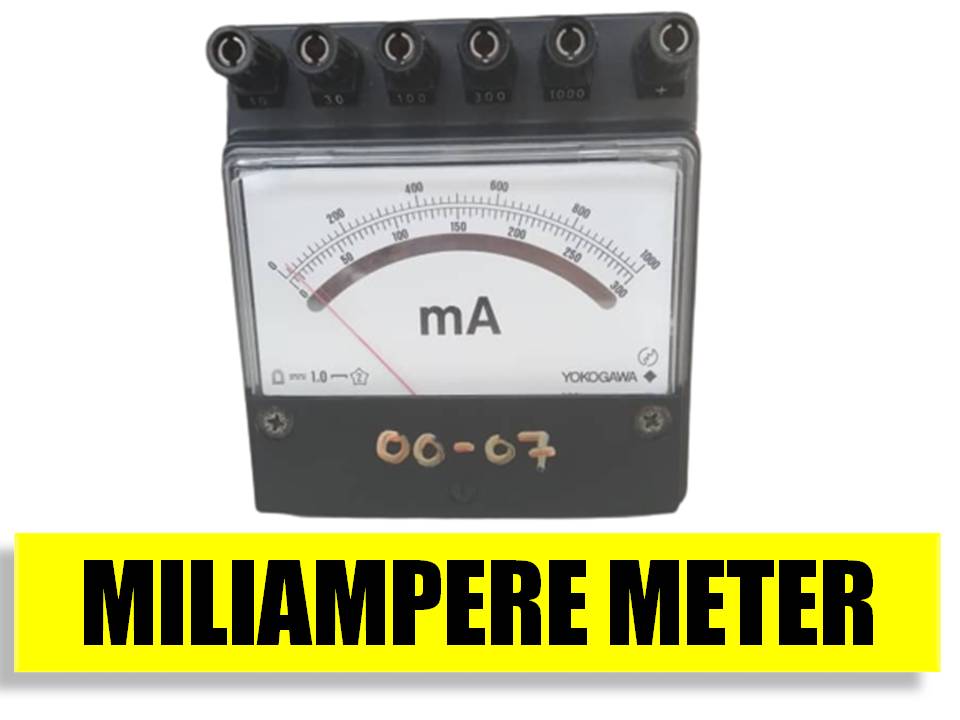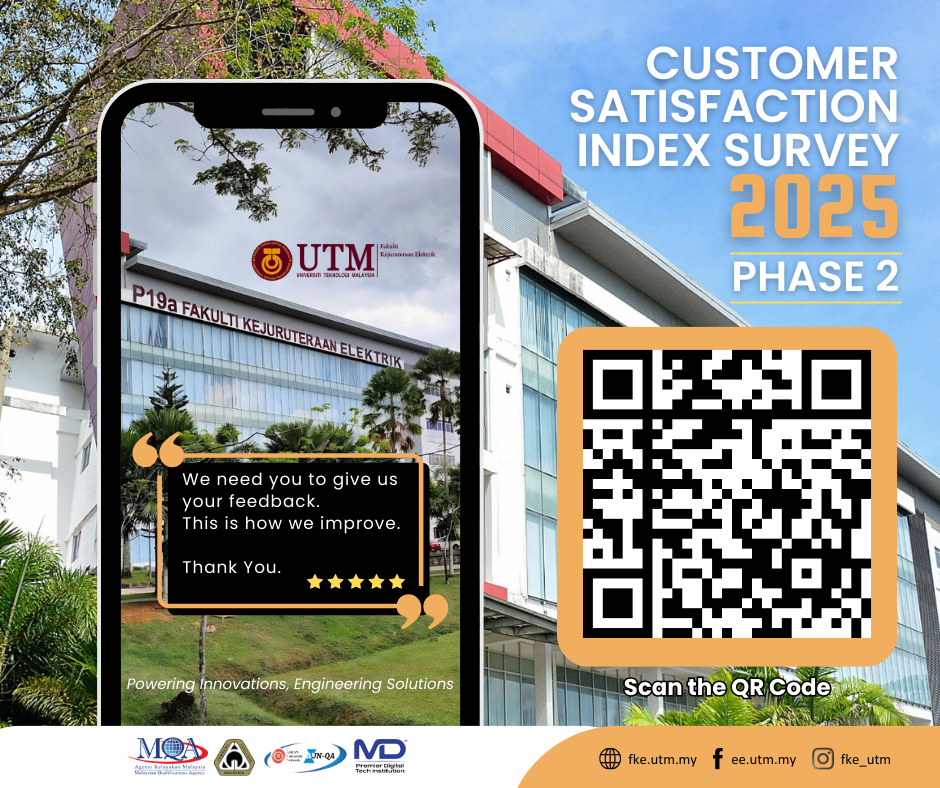BASIC ELECTRONICS
( P04-311 _TEACHING LABORATORY )
TIMETABLE
LIST OF EXPERIMENTS
EXP 1 & 2 : Experiment 1 and 2 (Small signal amplifier PCB design
EXP 3 : Experiment 3 (Linear and Non-linear Application of Op-Amp)
– Instruction for BJT Amplifier PCB Layout Design using KiCAD
– Vide0 : Voltage Divider Biasing Circuit
-Video : How To Measure Operating Point
LABORATORY RULES
-Dress Code Compliance (refer to the Student Dress Code)
-Slippers and sandals are strictly not allowed at any time during the experiments. Only closed-toe shoes are permitted.
-Pre-Lab work must be completed before the lab session begins.
ITEMS TO BRING TO THE LAB:
-Breadboard – at least one per group (compulsory).
-Tools (recommended):
-Cutter
-Long-nose pliers
-Printed experiment sheet (download and bring a hardcopy).
-No time extension will be given if the experiment is not completed. Manage your time and plan your work so the experiment is finished within the allotted period. Requests for extra time will not be entertained.
ABSENCE FROM LAB SESSIONS:
-Students involved in official faculty/university activities must submit an official approval letter from the faculty/university.
-Students who are ill must obtain a medical certificate (MC) and consult the lab supervisor for a replacement session.
-Otherwise, the student will be considered absent and awarded a zero mark.
-Please be in the laboratory 10 minutes early.
Welcome to
Basic Electronics Laboratory
This lab will be attended by the second and third year student of electrical engineering, This lab provides experiments that are related to topics covered in electronic subject of code SKEE 2742 & SKEU 3741. The experiment modules are designed to give students the opportunity to construct circuits and verify theoretical relationships involving diodes, bipolar transistors, small-signal ampifiiers and operational ampilifiers.
The experiment labsheet is provided to the student that has in it a set of objectives, a discussion of the theoretical concepts for the students to investigate or verified in the experiment, and set of questions that require students to interpret the expertimental data and comment on its implications.
The students are expected to compare experimental results with theoretical concepts, speculate reasons for discrepancies, and learn from deductive reasoning.
The students are required to perform pre-lab work before coming to the lab. The pre-lab work is a prior experiment circuit simulation work using MULTI-SIM software. The pre-lab work helps students to gain reasonably rough idea on the experiment before coming into the lab and attempting the required experiment.
Laboratory Academic Coordinator
Laboratoty Staff

Dr Fatin Hamimi binti Hamat@Mustafa
Laboratory Academic Coordinator
Email: fatinhamimi@utm.my

Mr. Muhamad Fitri Amir Bin Ramli
Assistant Engineer
Email: fitriamir@utm.my

